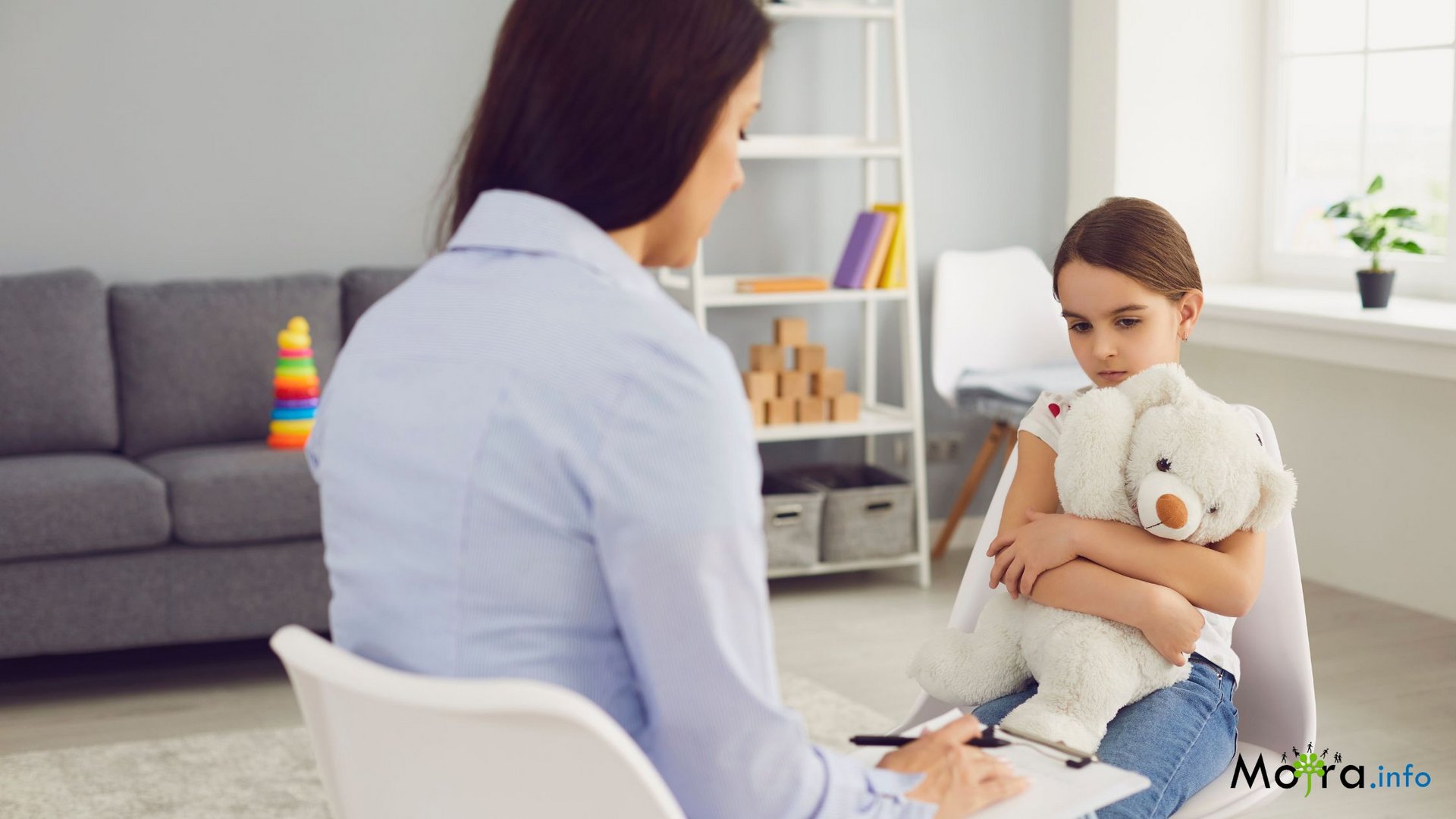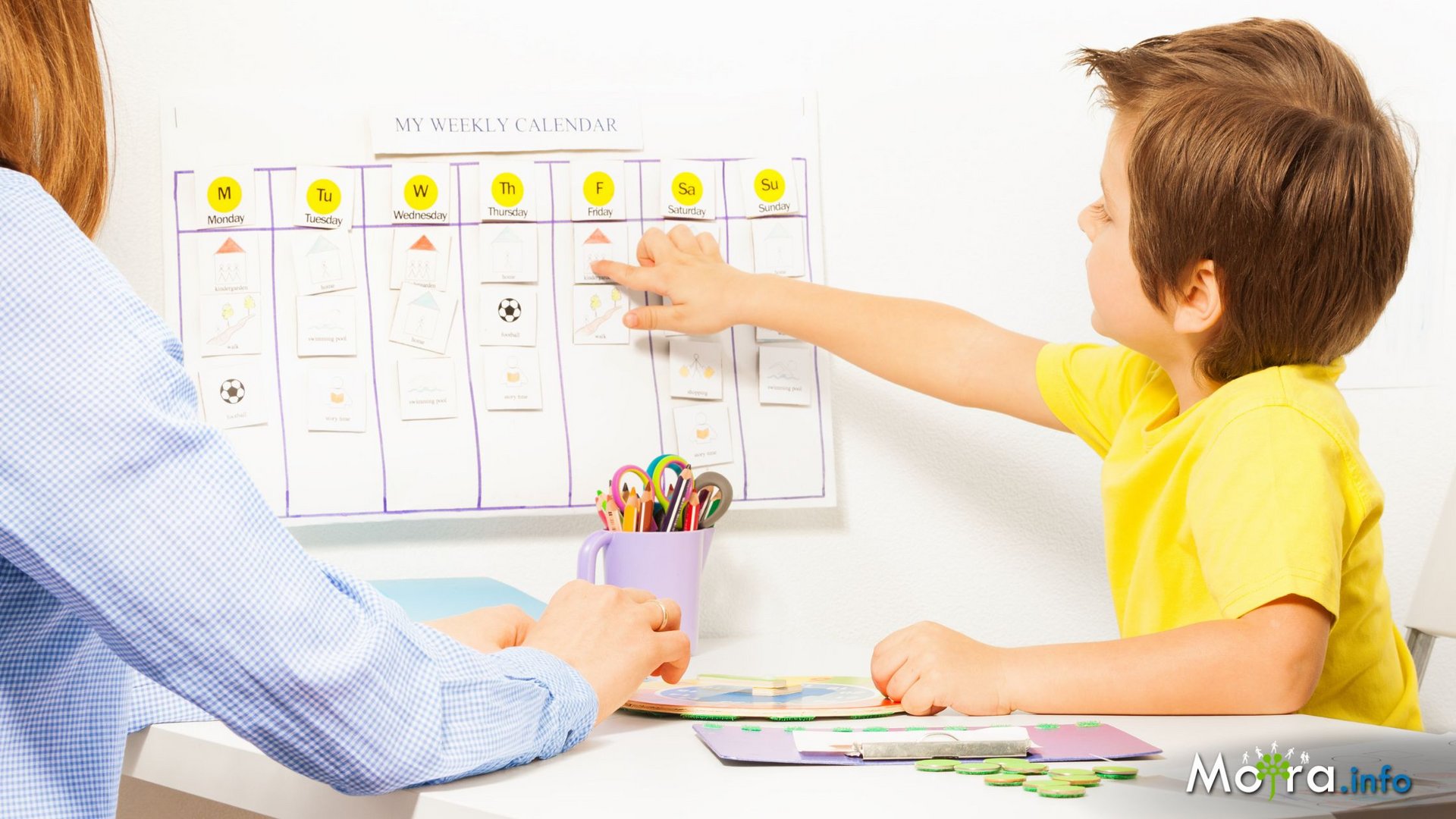Visiting a child psychologist is a very sensitive topic.
Many parents have concerns about their child seeing a psychologist. As a school
psychologist, I've often encountered parents who initially refused to let their
child talk to a school psychologist. After explaining what a psychologist
actually does with a child and what such a meeting entails, parents usually
calm down and agree.
In the beginning, I feel the need to reassure parents that
nothing terrible is happening. A psychologist is someone who talks to your
child, plays with them, and in the case of older children, may conduct some
assessments to help the child with their current issues.
Many parents don't know the difference between a psychologist and a psychiatrist, so let me briefly explain it here. While a psychiatrist is a medical doctor who can diagnose a child and, if necessary, prescribe medication to improve issues like self-control or behavior in serious cases, a psychologist is someone who talks to the child, plays with younger children, and engages in interesting activities. With the parent's consent, a psychologist can also conduct psychological assessments of the child.
A psychologist's primary goal is to help the child to the
fullest extent. With younger children, psychologists play with them because
play allows children to express their feelings and needs better than verbal
communication. Through play, children often depict their emotions, worries, and
desires. Sitting with a psychologist is a place where a child can relax and be
themselves. Every psychologist working with young children has various toys
that can capture a child's interest and provide opportunities for
self-expression. Some children prefer different figurines, puppets, sandboxes,
drawing, or clay, and the psychologist allows the child to choose.
Psychological sessions with a child can vary, from highly structured systems like ABA therapy to free play. The child meets with the psychologist over an extended period until, during play or drawing, they spontaneously express their feelings and needs. The psychologist does not judge the child's creations or play but provides comments and can be part of the play if the child wishes.
With older children, sessions are different. Children who
enjoy talking can engage in conversations about various topics, often
co-creating stories they enjoy. Older children who no longer want to play
simply sit with the psychologist, ensuring they have eye contact, and discuss
their feelings, needs, and concerns. Sometimes, a child doesn't need a
conversation but simply wants to be with the psychologist or a trusted person
who provides a sense of security and safety.
I genuinely care about children and do not adopt a directive
approach with them. On the contrary, I prefer cooperation and a friendly
approach. I like to laugh with them and want them to feel comfortable and safe
around me, knowing that they are accepted and respected as they are. Even when
they don't behave as they should, I let them know that I love them but do not
approve of their behavior. Together, we explore the reasons behind
inappropriate behavior and possibilities for change.
As a school psychologist, children in school know they can
come to me when needed. They understand that I'm not here to judge them but to
help them. For me, the most important aspect of my work is being there for
children who need it.
As a school psychologist, I often encounter children
experiencing anxiety, fear, and other unpleasant emotions. These children often
respond well to diaphragmatic breathing, which helps them relax and better
handle stressful situations. I also use biofeedback with children, a
scientifically supported method for monitoring, analyzing, and visualizing
physiological processes. Through biofeedback, children learn to manage stress
through controlled breathing.
Every child needs support and assurance, which boost their self-confidence and self-esteem. Some children have high self-confidence, especially if they come from supportive families. Others are naturally more anxious and uncertain, and psychologists can help them build greater self-assurance and self-confidence.
Psychologists who work with children can employ various
therapeutic approaches. In my work, I often address children's physical issues
because children tend to somaticize, meaning that physical problems like
stomachaches can be linked to unpleasant emotions such as fear and anxiety.
A psychologist working with children should first and foremost genuinely like children. They should enjoy playing, talking, and showing interest in children's feelings and needs. Children are very perceptive and can tell whether we are truly interested in them, and if they don't feel that we are genuinely there for them, they may not cooperate.
Author: Mgr. Jitka Kneslová
You've just read an article: How does a consultation with a child psychologist look like?




























Enter your comment.